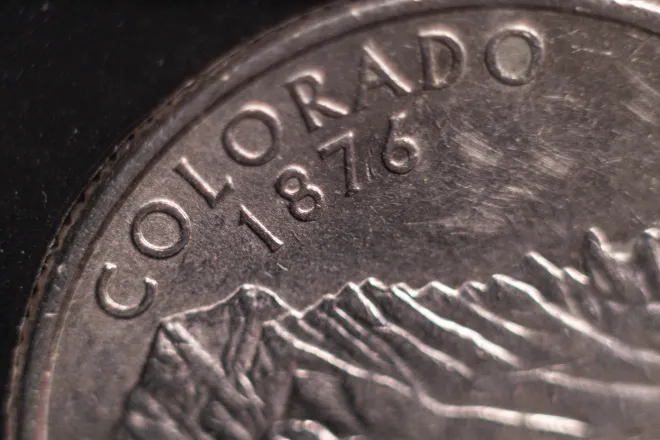
Tobacco companies sue to block California's flavored tobacco ban
(The Center Square) – One day after California voters overwhelmingly approved the state’s flavored tobacco ban, a group of tobacco companies filed a federal lawsuit challenging the ban.
California voters approved Proposition 31 this week, a measure that upholds a 2020 law signed by Gov. Gavin Newsom, Senate Bill 793, which banned the sale of most flavored tobacco products and flavor enhancers. Tobacco corporations swiftly filed a referendum after the bill was signed, and that referendum appeared alongside six other initiatives on this year’s ballot.
The creator of Newport menthol cigarettes, R.J. Reynolds Tobacco Company, and other tobacco corporations are seeking an injunction to stop the flavored tobacco ban from taking effect. According to the lawsuit, the ban will take effect five days after the Secretary of State certifies the results of the vote, which must occur by December 16.
The tobacco companies claim the law is preempted by the Tobacco Control Act, which banned flavored cigarettes except for menthol. They also claim that the law is in violation of the commerce clause, saying California’s law “attempts to regulate manufacturers that are not within the state’s borders.”
“California has no legitimate interest in enforcing its preempted and unconstitutional law,” the lawsuit filed Wednesday states.
Tobacco companies previously sued to challenge SB 793, but the court dismissed the case, explaining that the outcome of the law was contingent on whether voters approved Proposition 31.
Proponents of Proposition 31 argued that upholding California’s flavored tobacco ban was necessary to prevent kids and teens from getting hooked on nicotine and tobacco products. A 2020 study by the Food and Drug Administration and the National Institutes of Health found 79 percent of youth ages 12 to 17 and 89 percent of adults ages 18 to 24 said they used a tobacco product because it came in flavors they preferred.
Tobacco companies, including a few listed as plaintiffs in the lawsuit, poured millions of dollars into opposing Proposition 31. Opponents argued that the ban would end up regulating flavored tobacco sales to adults instead of children because it is already illegal for minors to buy tobacco products.
Attorney General Rob Bonta told The New York Times in a statement that he looks “forward to vigorously defending this important law in court.” Bonta, alongside San Diego District Attorney Summer Stephan, are listed as defendants in the lawsuit.
“Time and time again, Big Tobacco has attempted to steamroll state efforts to protect our youngest residents from the damaging effects of tobacco use,” Bonta said in a statement to the Times.
















